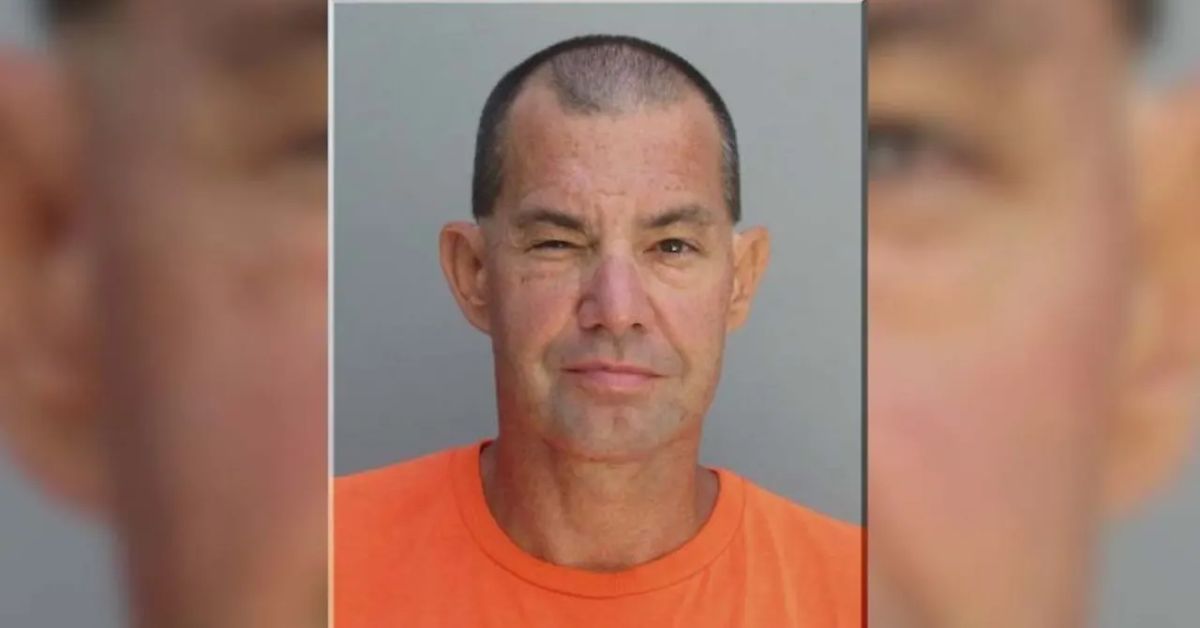Victims of Aaron Gunches’s crimes have been refused a stay of execution by the Arizona Supreme Court. The scheduled date of execution is April 6. however, Governor Katie Hobbs has promised to delay the execution until the execution procedure can be reviewed.
For the murder of Gunches’ ex-longtime partner Ted Price in 2002, Gunches received the death penalty. Off the Beeline Highway in the desert, Gunches abducted Price and shot him many times.
The Price family has filed a case with the Maricopa Superior Court, claiming that the governor’s unwillingness to act on a warrant for Gunches’ execution is a violation of their rights as crime victims under the Arizona Constitution. The hearing has been scheduled for Thursday.
Read on for more articles we’ve compiled on the subject of criminality:
- Colorado is First in the Nation for Violent Crime, and Many of the Victims Aren’t Even Coming Forward
- Peace in Ukraine Could Be Complicated by Putin’s War Crimes Warrant
To that purpose, Rachel Mitchell, the attorney for Maricopa County, and Colleen Clase, who represents the Price family, have asked the Arizona Supreme Court to postpone Gunches’ warrant until May 1. This will give them time to argue the case in the superior court.

On Wednesday, Mitchell held a press conference where he stated the plaintiffs wanted the judge to schedule an evidentiary hearing so they could provide evidence in support of their claims.
The state supreme court ruled against the application, but “without prejudice to ongoing proceedings,” so the plaintiffs might try again to get the warrant extended before it ran out if the superior court judge agreed to an evidentiary hearing.
The warrant is good for 24 hours “starting at an hour to be designated by the director of the Arizona Department of Corrections,” as required by state law. When asked whether or not this classification had been made, the Department of Prisons did not immediately comment.
You can see the tweets related to the denied of crime victims’ requests below:
On Thursday at 1:30, there will be a hearing in Superior Court. There won’t be any witnesses or evidence presented. The judge will decide if additional time is required or if an evidentiary hearing is warranted, according to the court records.
If you follow the California Examiner on Twitter, you may read the most recent articles and updates.




